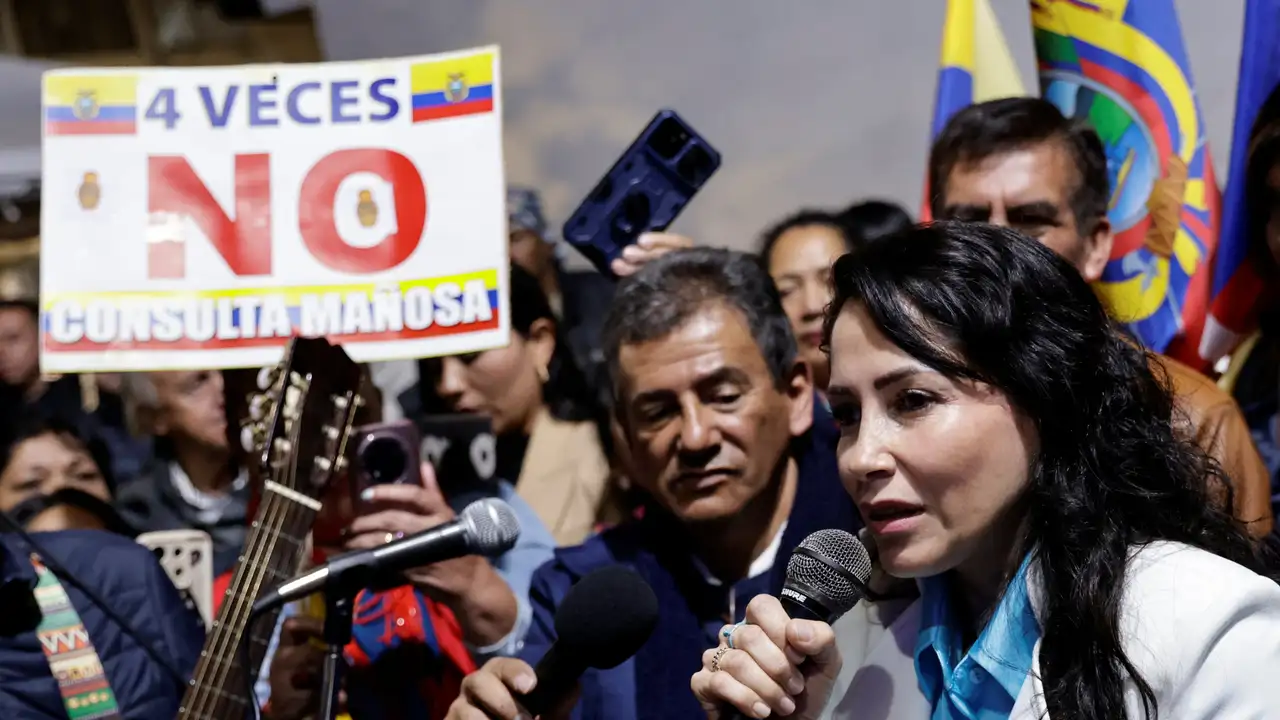Ecuador rejects government’s reform questions in key referendum

Ecuador held a national referendum on 16 November 2025 in which voters decisively rejected four major proposals put forward by President Daniel Noboa.
The “No” vote prevailed across all questions, marking a clear political setback for the government.
The most significant defeat came with the rejection of a proposal to convene a Constituent Assembly to draft a new constitution, with about 61.5 per cent voting against it. Voters also rejected attempts to lift the ban on foreign military bases, reduce public funding for political parties, and cut the number of legislators.
Turnout was high: more than 80 per cent of the 13.9 million eligible Ecuadorians cast their ballots. The results reflect growing public distrust towards Noboa’s reform agenda, which critics have framed as a centralisation of power.
President Noboa responded by acknowledging the outcome and pledging to respect the will of the people. “We consulted Ecuadorians, and they have spoken,” he tweeted, adding that his commitment to the country remains “strengthened.”
Political observers suggest that this outcome could reshape Ecuador’s political climate, limiting Noboa’s capacity to push through controversial reforms and signalling a strong mandate from citizens to preserve existing democratic institutions.
This story is written and edited by the Global South World team, you can contact us here.